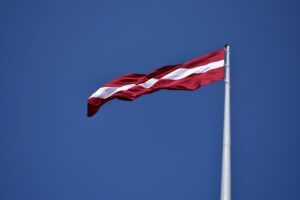
Mar 19, 2013 | Advocacy, Non-legal submissions
The ICJ today welcomed the recent deposit of the tenth instrument of ratification to the Optional Protocol to the International Covenant on Economic, Social and Cultural Rights (ICESCR).
Noting that the entry into force of the Optional Protocol (OP) on 5 May 2013 will mark an historic boost to the international protection of economic, social and cultural rights, the ICJ called on the Human Rights Council and its members to become party to the OP and other individual communications procedures of the treaty bodies.
The ICJ’s statement was made during the General Debate under Item 8 of the Human Rights Council’s agenda (follow-up and implementation of the Vienna Declaration and Programme of Action) during the 22nd regular session of the Council (25 February to 22 March 2013).
HRC22-Item8GD-OPICESCR-NonLegalSubmission-2013 (download full statement in ODF)
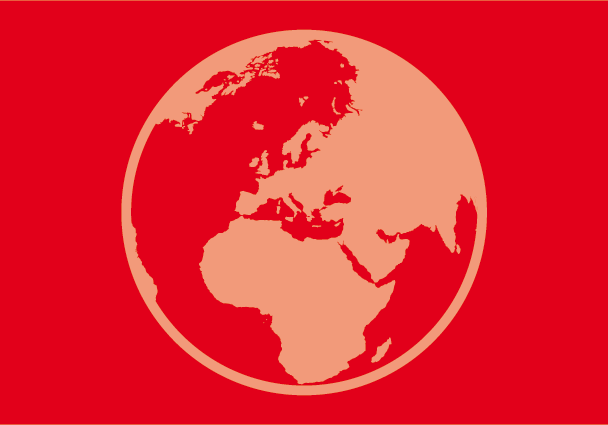
Mar 8, 2013 | Events
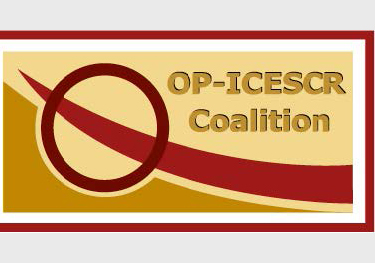 As a member of the International NGO Coalition for the OP to the ICESCR, the ICJ is co-convening a high-level event on the protection of economic, social and cultural rights March 13 at the Palais des Nations in Geneva.
As a member of the International NGO Coalition for the OP to the ICESCR, the ICJ is co-convening a high-level event on the protection of economic, social and cultural rights March 13 at the Palais des Nations in Geneva.
This event is organized together with the Group of Friends of the Optional Protocol to the ICESCR, including Argentina, Belgium, Bolivia, Bosnia & Herzegovina, Ecuador, El Salvador, Finland, France, Senegal, Spain, Slovakia, Portugal and Uruguay; and the Office of the United Nations High Commissioner for Human Rights.
It will highlight the importance of OP-ICESCR to the full realization of human rights and the need to achieve widespread ratification of the OP-ICESCR to ensure access to justice for all.
Speakers will include the Deputy High Commissioner for Human Rights, the UN Special Rapporteur on the Right to Water and Sanitation, as well as the Permanent Representatives of Argentina, France, Portugal, Slovakia and Uruguay.
Parallel Event – OP-ICESCR-event-2013 (download the flyer, pdf)
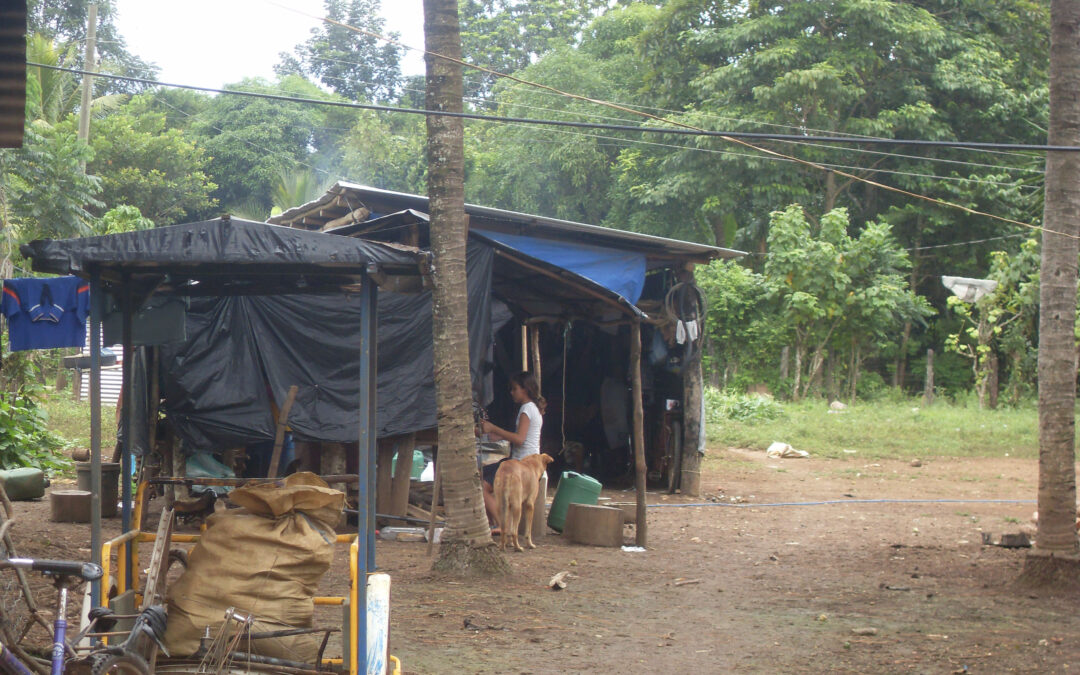
Feb 5, 2013 | News
The 10th ratification of the Optional Protocol to the International Covenant to Economic, Social and Cultural Rights (OP-ICESCR) is an historical boost for the international protection of these rights, the ICJ said today.
“With the deposit today at the UN of the 10th instrument of ratification by Uruguay, we are very close to the long awaited entry into force of this new treaty”, said Sandra Ratjen, ICJ Senior Legal Adviser on Economic, Social and Cultural Rights (ESCR).
The OP-ICESCR will enter into force in three months from today and will provide for remedies at the international level to victims of violations of economic, social and cultural rights.
The Protocol establishes mechanisms that enable the UN Committee on Economic, Social and Cultural Rights to examine complaints and initiate inquiries in cases of violations of these rights in the State parties whenever the victims could not obtain justice at the national level.
“We warmly welcome the 10th ratification of the Optional Protocol and we congratulate Uruguay on this decisive step for the protection of economic, social and cultural rights nationally and internationally”, said Wilder Tayler, ICJ’s Secretary General. “This is an important moment for the ICJ. We have a long-standing commitment and work in favour of the recognition of ESCR as legal and justiciable rights, on the same footing as other human rights.”
The ICJ urges States parties to the ICESCR to join the first ten States who became party to the Optional Protocol – Ecuador, Mongolia, Spain, El Salvador, Argentina, Bolivia, Bosnia and Herzegovina, Slovakia, Portugal and Uruguay.
The ICJ stresses that only when a significant number of States will have become party to the Protocol, the mechanisms it offers will be effectively accessible to a great number of victims of violations of ESCR.
Contact:
Sandra Ratjen, ICJ Senior Legal Adviser on Economic, Social and Cultural Rights, t: +41 22 979 38 35 ; e-mail: sandra.ratjen(at)icj.org
NOTE:
The ICJ is a member of the International NGO Coalition for the OP to the ICESCR. Together with the other members of the Coalition, the ICJ is involved in the Campaign in favour of the ratification of the OP-ICESCR.
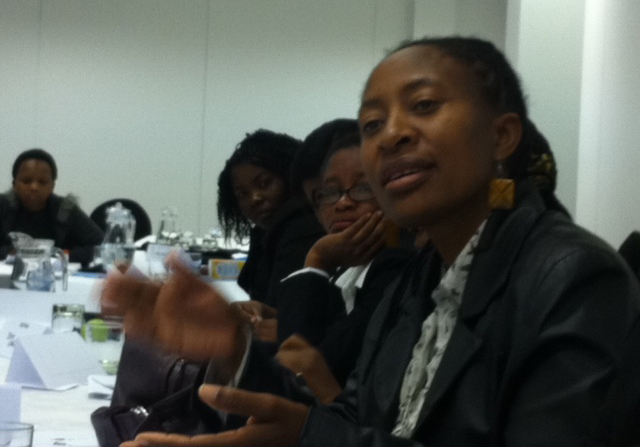
Nov 22, 2012 | News
The ICJ, Metlhaetsile and Friedrich-Ebert-Stiftung (FES) held a multi-stakeholder roundtable dialogue on women’s access to justice in Gaborone, Botswana from 20-21 November 2012.
The event, which is a key step in an ongoing ICJ initiative on women’s access to justice in Botswana, brought together a group of experts to discuss and review a draft ICJ/Metlhaetsile/FES report on the obstacles to justice women continue to face in Botswana.
Participants included attorneys, representatives of NGOs and government agencies, human rights defenders, and members of the judiciary.
The forthcoming report will capture and explore the accounts of barriers received from stakeholders accross Botswana through field research during 2011-2012.
It will include information on the relationship between the gaps in the realization of economic and social rights and the obstacles faced by women to access justice.
It will also identify a series of responsive recommendations elaborated by roundtable participants.
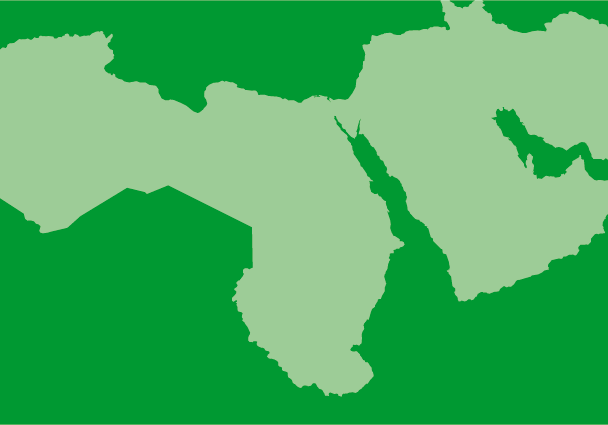
Sep 29, 2012 | News
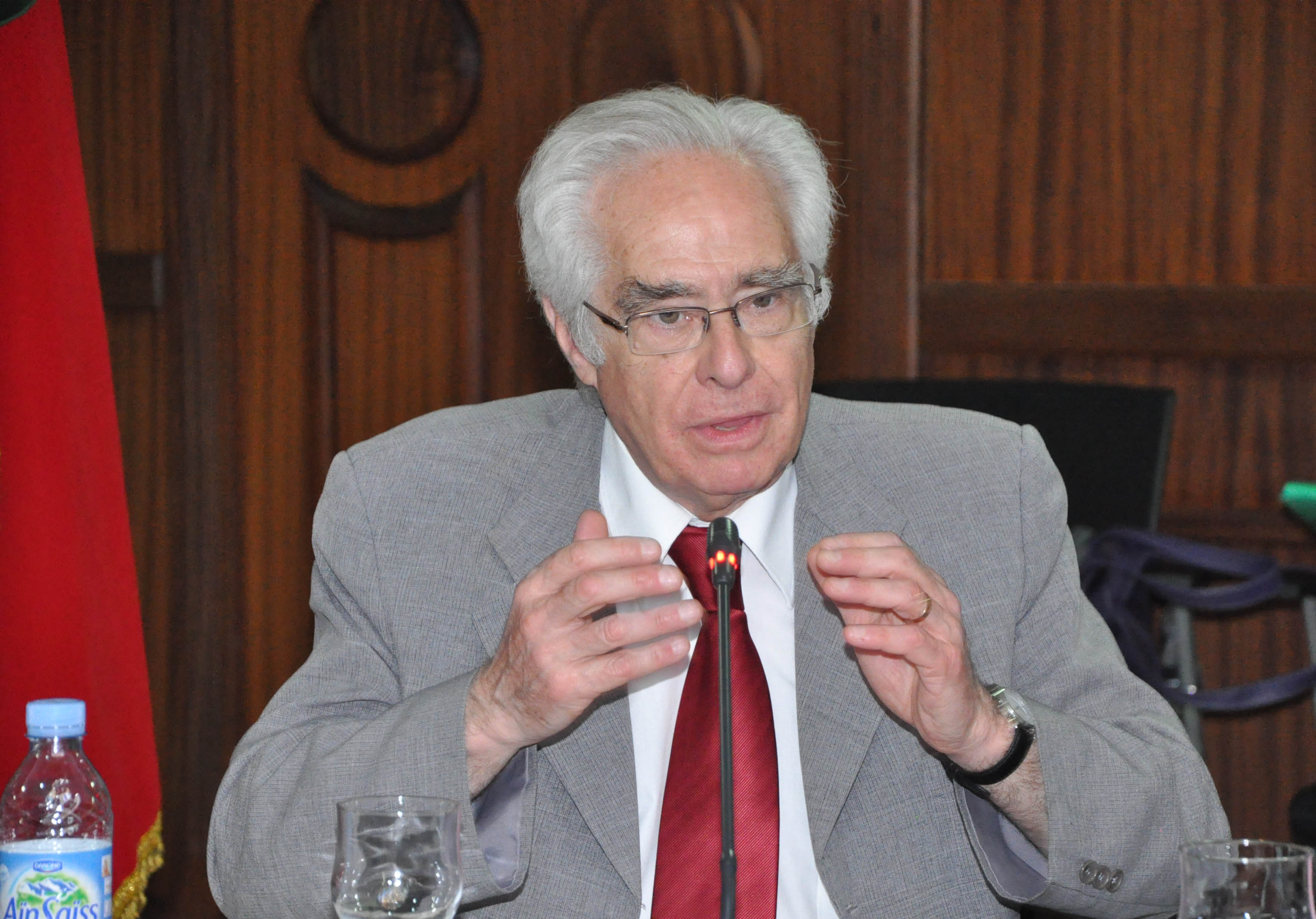 During three days, from September 26 to 28, 2012 in Rabat, the ICJ ESCR Programme and the MENA Regional Programme organized two events in collaboration with the OMDH (Organisation Marocaine des Droits Humains).
During three days, from September 26 to 28, 2012 in Rabat, the ICJ ESCR Programme and the MENA Regional Programme organized two events in collaboration with the OMDH (Organisation Marocaine des Droits Humains).
ICJ Commissioner Mr. Roberto Garreton supported the three-day programme. The first two days were dedicated to a workshop gathering 30 representatives of human rights NGOs, service providers, consumer protection groups, lawyers and academic experts.
The participants were trained and had discussions on the opportunities, the challenges and the remedies that the Moroccan legal and institutional framework offers to individuals and groups seeking justice for violations.
Discussions also concerned the legal reforms undertaken in the country and how they will impact the ability for victims of human rights violations to access justice.
The participants particularly welcomed the workshop setting and focus that brought together a variety of groups working in relevant areas.
On the third day, 28 September 2012, a symposium attended by civil society actors, lawyers and academia as well as by members of the judiciary and of the Conseil National des Droits de l’Homme was the opportunity to discuss the role of judges in the realization of economic, social and cultural rights.
The two events are part of a project that will involve further research and consultation on access to justice for ESCR in close collaboration with national civil society.
Background of the Workshop
With national projects such as the one in El Salvador, the ICJ programme on Economic, Social and Cultural Rights aims at contributing to improve accountability for human rights violations and access to justice for all, including for victims of threats against and violations of economic, social and cultural rights.
The ICJ has embarked on research processes at national level to identify obstacles and opportunities for access to justice, as well as on consultation and collaboration processes with national allies to define strategies to address gaps.
Depending on the needs identified, the ICJ will support the implementation of recommendations and steps that includes trainings and legal interventions.








